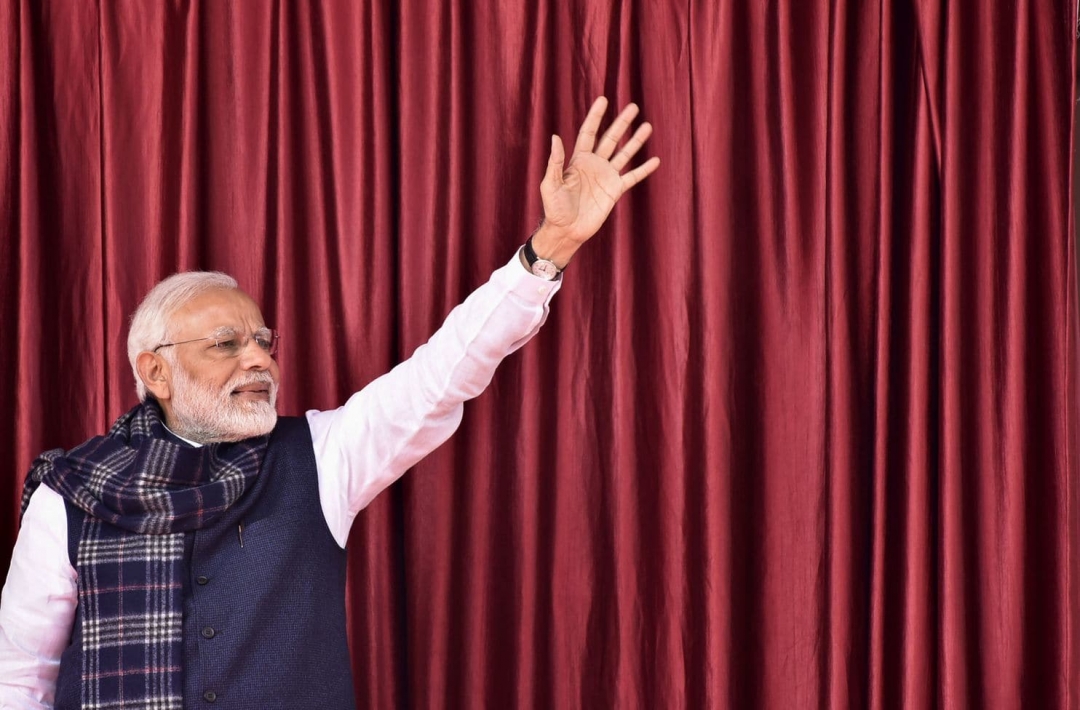India’s election is fast approaching. Modi’s expansion of affirmative action could win him votes.

Election season has arrived in the world’s largest democracy, and politicians across India are rolling out measures to woo voters — debt relief for farmers, tax breaks for small businesses, even subsidized cars.
But Prime Minister Narendra Modi, a Hindu nationalist who is seeking another term in elections expected in May, has trumped them all: He has enacted an amendment to the country’s constitution that amounts to a sea change in India’s system of affirmative action.
To Modi’s supporters, the move is a masterstroke, shoring up his traditional voters and underlining his commitment to uplifting India’s poor. For his detractors, it is a political gimmick that highlights the government’s inability to create jobs and may not withstand a legal challenge.
The constitutional amendment is a dramatic step that suggests Modi, elected in 2014 with a commanding majority, is not as confident as he once was about his reelection prospects. His Bharatiya Janata Party (BJP) suffered electoral defeats in three states in December, a significant setback.
According to reports, the Modi government is mulling further voter-pleasing moves in the coming weeks, including extensive relief for farmers and steps to exempt some Indians from paying income taxes.
But the constitutional amendment came as a surprise. For decades, India has had a far-reaching system of affirmative action. Quotas reserve nearly 50 percent of government jobs and spots in public universities for members of communities subjected to centuries of discrimination. They include indigenous tribes, Dalits — formerly known as “untouchables” — and a variety of lower-caste groups. Together, they make up the majority of India’s population.
Modi introduced an amendment that would reserve a further 10 percent of central government jobs and university spots for members of “economically weaker” sections of society. Because lower-caste groups are covered by existing quotas, the proposal will largely benefit upper-caste communities that often support the BJP. The proposal raced through India’s two houses of parliament — with the support of opposition parties — and became law on Jan. 12.
Courtesy : The Washington Post
